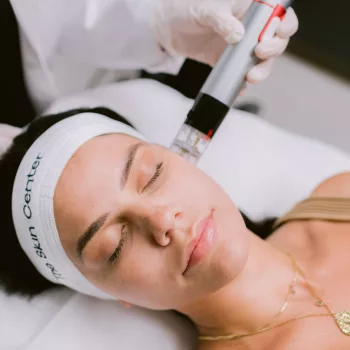Exfoliating is simply the removal of the dead skin cells to reveal the younger, healthier skin just below the surface. As we grow older, skin exfoliation becomes more important for a healthy-looking complexion because our body’s ability to turn skin cells slows down. Looking to get started? Here are the five things everyone should know about skin exfoliation.

Not all exfoliation types are the same, but they can all be categorized into mechanical or chemical exfoliation. Here’s the difference:
Physical Exfoliation: This involves physically scrubbing your skin with abrasive substances like exfoliating scrubs, brushes, or sponges. While it can be effective, it’s crucial to use gentle products to avoid damaging your skin.
Chemical Exfoliation: This method uses acids or enzymes to dissolve dead skin cells. Common chemical exfoliants include alpha hydroxy acids (AHAs), beta hydroxy acids (BHAs), and fruit enzymes. These are often considered gentler and more effective for achieving even, long-lasting results.
Here are a few of our team’s favorite exfoliation products:
- Exfoliating Polish by ZO Skin Health
- AlphaRet Exfoliating Peel Pads by SkinBetter Science
- Dual Action Scrub by ZO Skin Health
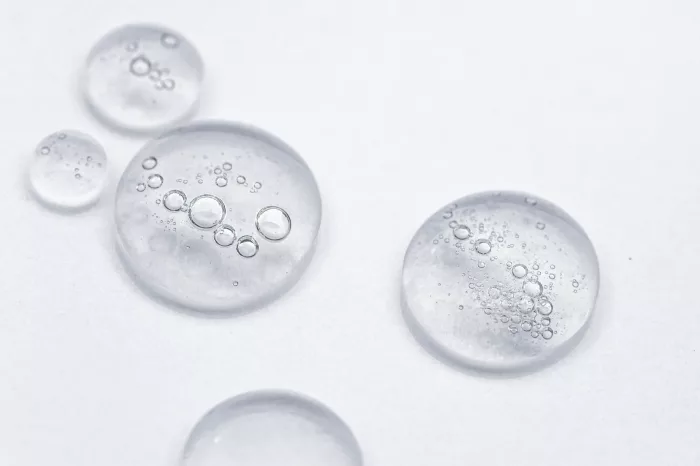
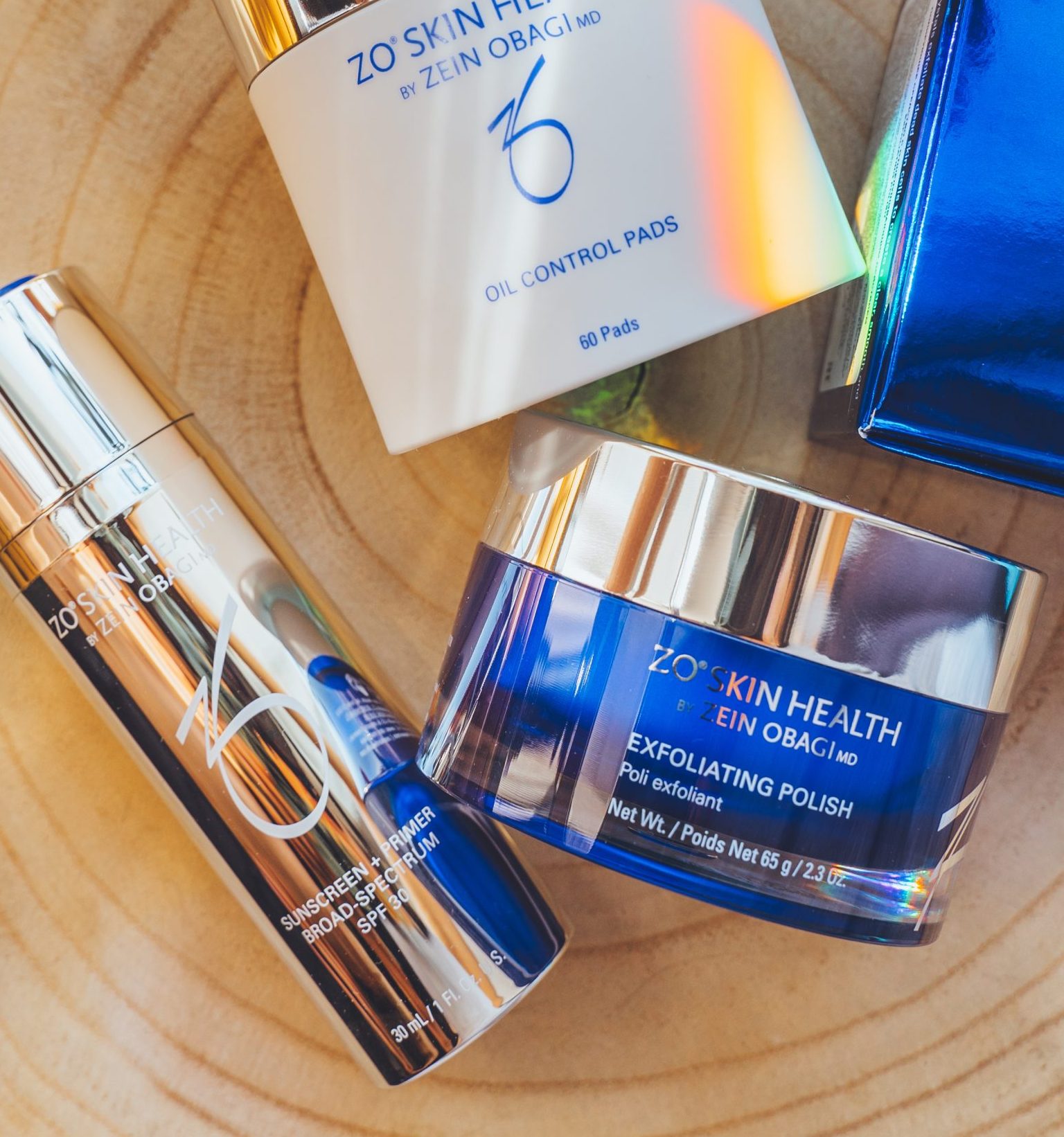
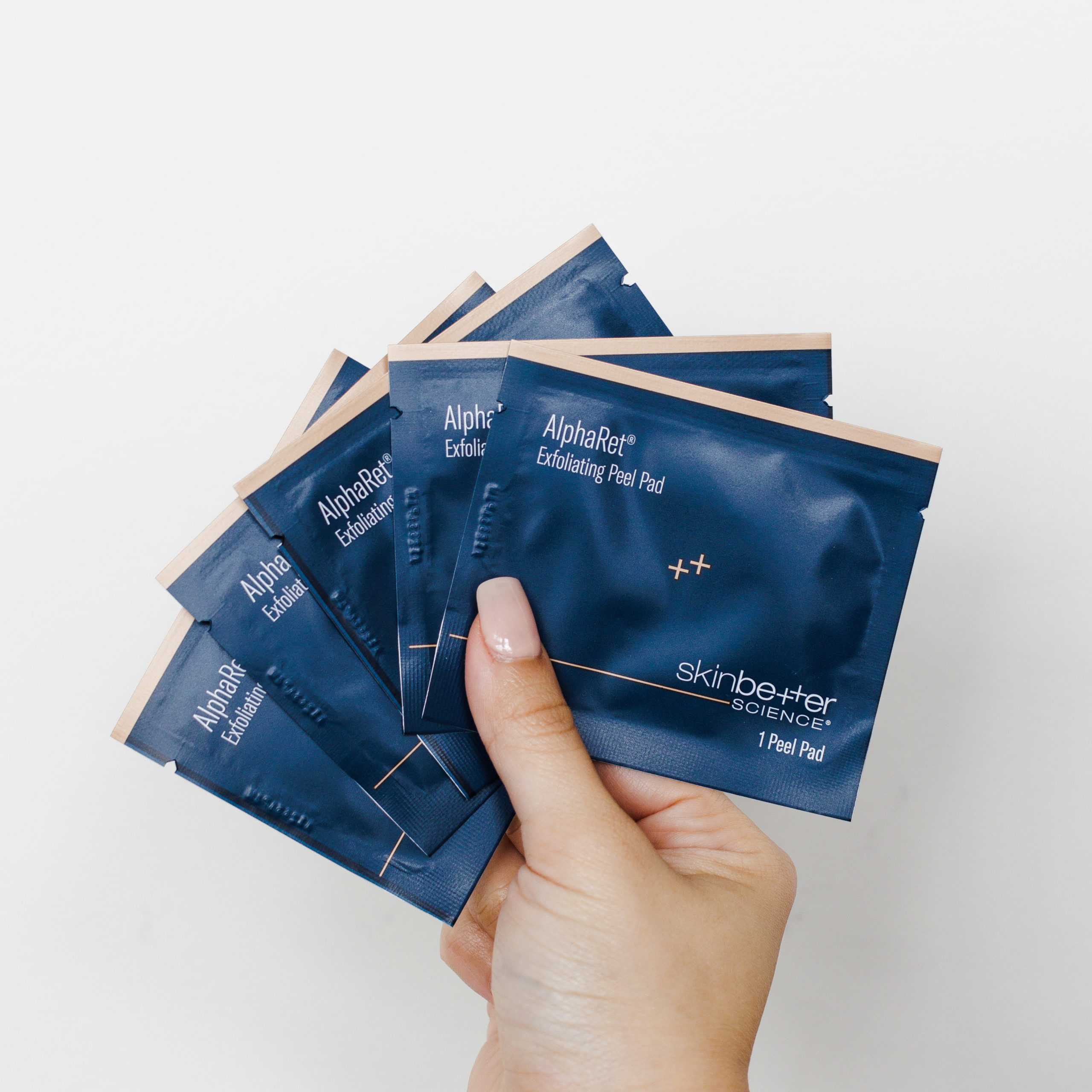
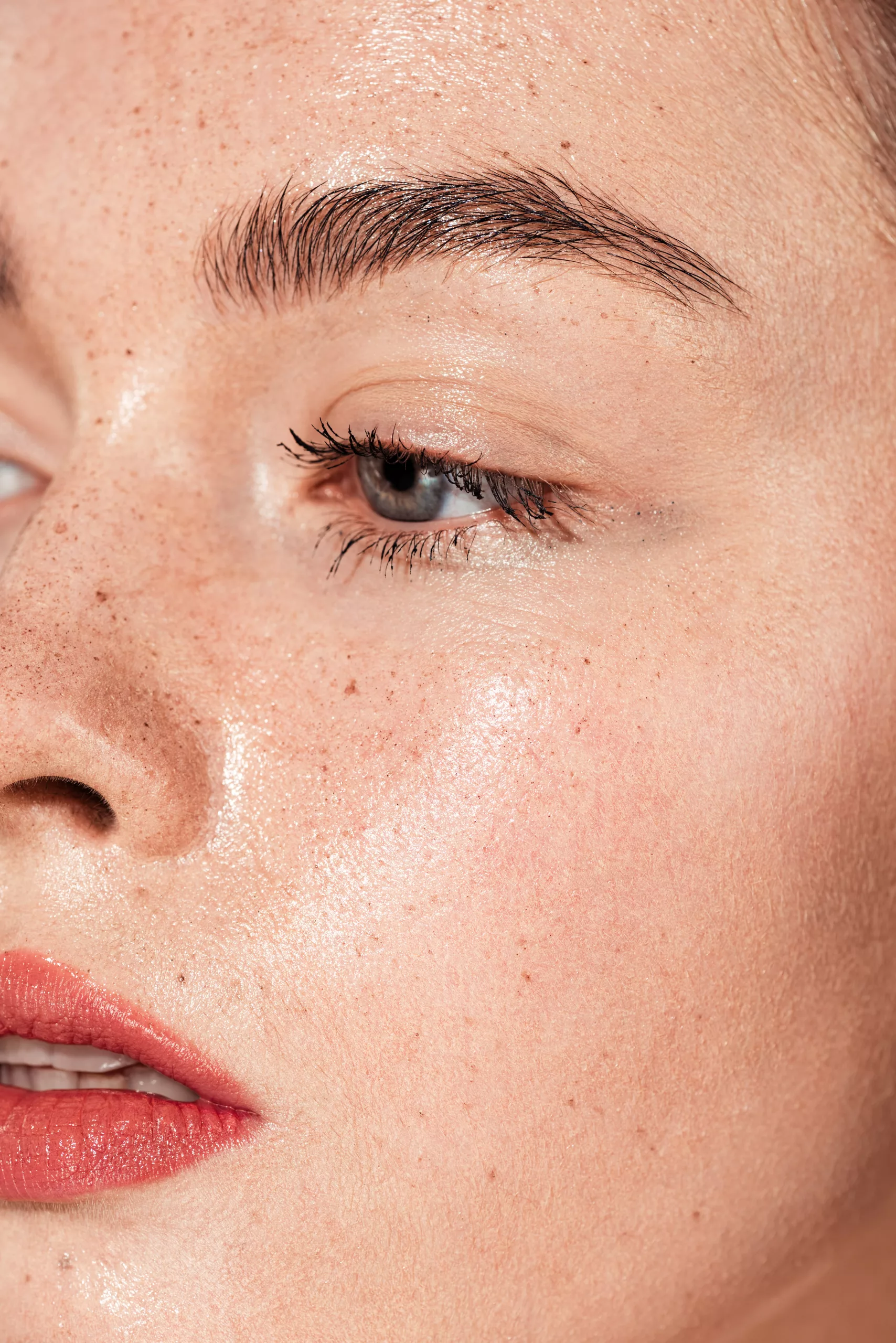
Always apply a broad-spectrum sunscreen with at least SPF 30 to protect your newly revealed skin. Why? After exfoliating, your skin is more sensitive to the sun’s harmful UV rays. You are more susceptible to sunburn and damage when exfoliating and revealing a newer, more delicate skin layer. Using SPF can also protect this new skin layer from hyperpigmentation, which is the darkening of patches of skin.
The other perks? Daily use of SPF promotes collagen production, protects against premature aging, reduces inflammation or irritation to the skin, and promotes long-term skin health by maintaining the integrity of the skin barrier. You will be on your way to luminous, glowing skin in no time.
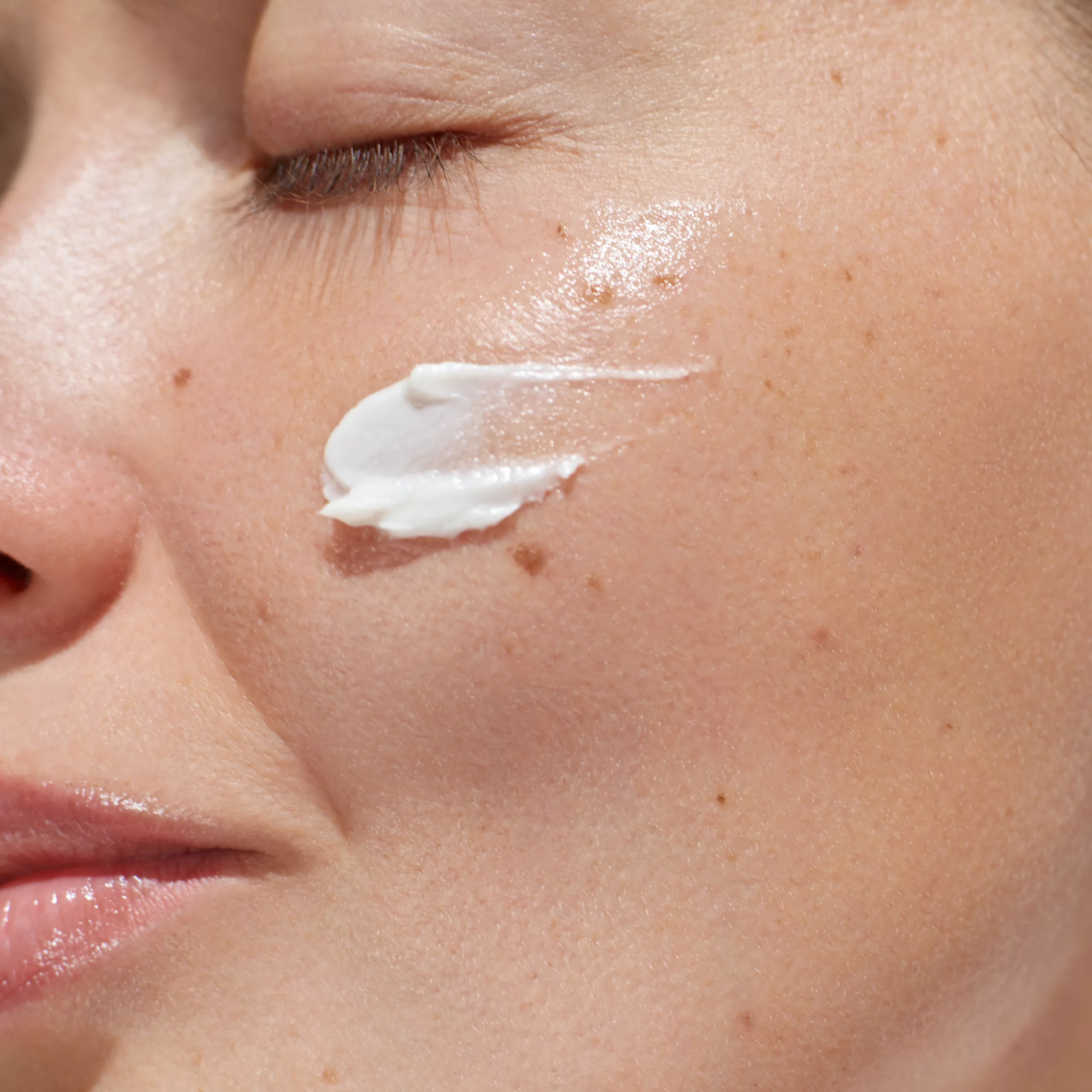
Professional-grade medical spa treatments exfoliate the skin at a much deeper, more precisely controlled level. Professional exfoliation not only results in a brighter, more radiant complexion but it also offers lasting improvement to skin tone and texture by fading freckles and sun spots, softening fine lines and wrinkles and reducing acne outbreaks. Popular medical-grade exfoliating treatments include:
- Chemical Peels
- Laser Skin Resurfacing
- DiamondGlow Facial
The best way to determine the right treatment is to set up a consultation to go over your unique skin concerns and goals.
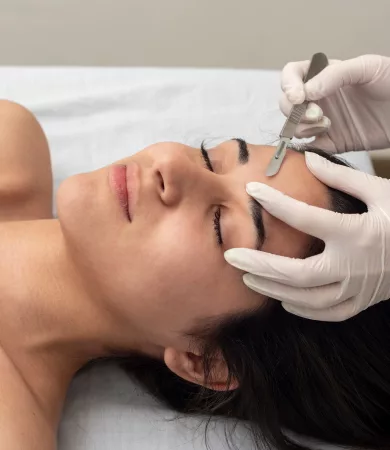
Exfoliation is a vital part of a comprehensive skincare routine, and almost everyone can benefit from it. Here are a few key skin concerns where exfoliation can be beneficial:
- Dull, tired looking skin
- Acne-Prone skin
- Rough or uneven skin texture
- Hyperpigmentation and uneven skin tone
- Enlarged pores and oily skin
While some individuals may hit one or more of the skin concerns above, it is also important to consider certain skin conditions where exfoliation could worsen skin. This includes:
- Rosacea
- Compromised skin, such as a rash or wound
- Sunburnt skin
